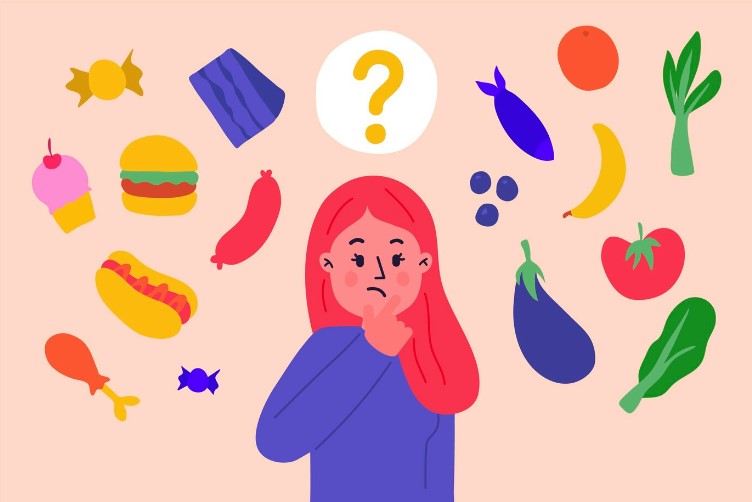March is National Nutrition Month and an ideal opportunity for senior caregivers to make sure seniors are getting all the proper nutrition they need. It’s easier said than done. As we age, our bodies have a more difficult time absorbing key nutrients. Certain foods can lose their appeal — medications especially can affect appetite or change the way food tastes.
A nutrient-rich diet is more than essential for health maintenance, its a form of preventative medicine. A good diet can help keep common ailments such as high blood pressure, diabetes, heart problems, and high cholesterol at bay. Key nutrients are essential to keep physically and mentally fit.
Unfortunately, according to a report released by AARP, more than 10 million seniors go hungry every day, and it’s likely that “proper nutrient intake suffers when individuals are food insecure.” What money is available for food should go to the most nutritious foods available — whole, unprocessed foods that are nutrient-dense (and generally low in calories) are key to senior health.
You can follow the Food Pyramid for Older Adults (Tufts University) or any balanced diet in order to get the proper nutrition. I think it’s key to get your nutrients from whole foods as opposed to relying on supplements. The elderly usually already take so much medication, who wants to take more pills?
The National Institute on Aging has recommendations for eating well as you age. They suggest you plan meals and snacks to include:
- fruits and vegetables
- whole grains
- dairy products, especially low-fat or fat-free
- protein in the form of lean meats and poultry, seafood, eggs, beans, and unsalted nuts
- limited amounts of solid fats. Keep trans fats to a minimum
- limited amounts of cholesterol, salt (sodium), and added sugars
Don’t forget to keep hydrated with water or water-rich food such as melons, cucumbers, radishes (!), even if you don’t feel thirsty.
The NIA also suggests any seniors with high blood pressure or hypertension consider the DASH diet, which I previously wrote about.
Caregiverlist knows senior caregivers are integral to helping the elderly to eat right and age well. You can learn basic caregiving skills by taking our 8-hour online Caregiver Certification training course provided by Caregiverlist Training University.







